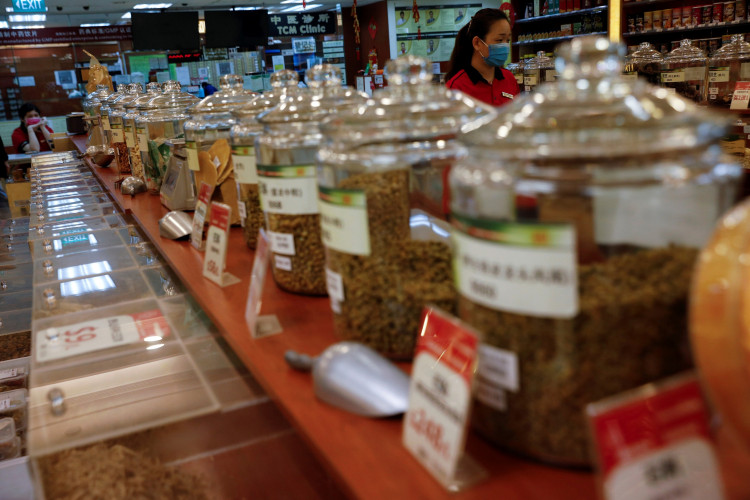The coronavirus crisis appears to have closed doors for wildlife traders in China ever since it was determined that some exotic animals being traded at a Wuhan seafood market may be the source of COVID-19.
However, some experts believe that instead of the trade being shut down due to the ban in selling wildlife, wildlife farmers may change their selling practices and find new customers.
Traditional Chinese Medicine in Center of Wildlife Trade
In a recent interview, China policy specialist with the Humane Society International, Peter Li noted that nothing will stop wildlife farmers from "continuing business as usual but pivoting to selling their farmed wild animals for traditional Chinese medicine instead."
Some provinces have already pledged to release captive wild animals. Jiangxi and Hunan, which are some of China's most popular breeding provinces, said they will pay breeders and hunters alike so they can start switching to other careers.
However, a February ruling on banning wildlife trade in the country did not tackle the fur trade. Furthermore, it is expected that wildlife traders who specifically sell their products for traditional medicine use will be allowed to keep business rolling.
The country is known for high demand in folk remedies even after Chinese regulators started cracking down on the trade of wildlife animals since January. Some traders said they are still harvesting bat guano so traditional Chinese medicine makers can turn it into the remedy called yemingsha.
Critics of traditional Chinese medicine using bats say there is no clear evidence that the medicine actually works. They also warned that the continuous use of bats in TCM may put some of the endangered bats at risk of being extinguished completely.
Expert to Propose Adding TCM Into China's Anti-Coronavirus Plans
Meanwhile, a major consultant for China's battle against COVID-19 in the Hubei Province is set to propose the integration of traditional Chinese medicine into the province's anti-coronavirus treatment and prevention system.
Zhang Boli, who is also a deputy for the National People's Congress (NPC) and a senior academician at the Chinese Academy of Engineering, will submit the proposals during the two sessions that will be held as part of the government's efforts to prevent further infections.
Zhang revealed that while China has found success in previous virus battles, the country's management systems have to be strengthened further by including TCM in plans that seek to end the coronavirus crisis.
"If we integrate TCM into the prevention and treatment system of infectious diseases, we will be more proactive in our work," Zhang explained.
The General Acceptance of TCM in China
While China doesn't use traditional alternatives and therapies as the main treatment base for COVID-19 patients, the Chinese public in general "were willing to accept it" as an alternative for treatment "because it has been part of their culture," Hu Yuwan, Daxue Consulting research director explained.
For example, Shijiazhuang Yiling Pharmaceutical's Linahua Qingwen, an over-the-counter flu drug, is one of the few traditional treatment that the Chinese commission used starting January as a major treatment option against the novel coronavirus.
Even a product made outside China is being recognized by Chinese health authorities as a possible remedy: the Avigan by Japan's Fujifilm Holdings.
It remains to be seen whether China will accept the proposals for TCM to be integrated officially into its anti-coronavirus scheme.
As of Thursday, China logged 82,967 confirmed COVID-19 cases and at least 4,634 deaths from the fast-spreading disease.





